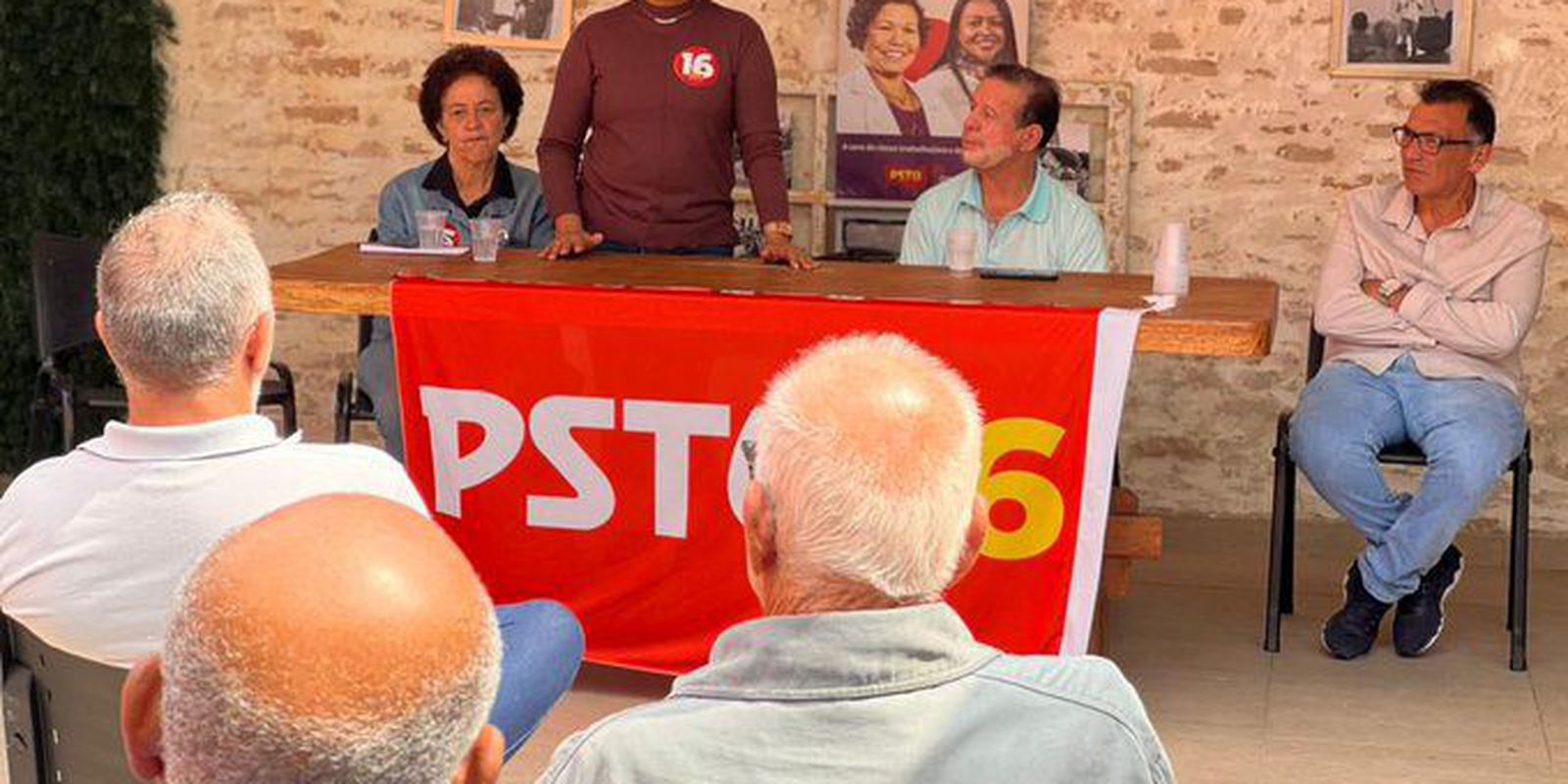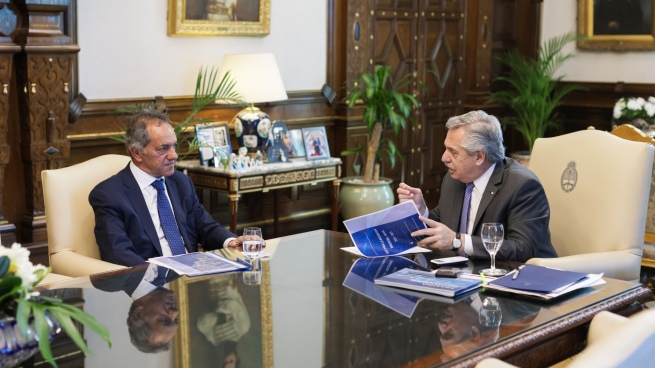O government program of the PSTU presidential candidate, Vera Lucia, is based on confronting inequality and the concentration of wealth in the country. In the evaluation of the candidate’s campaign team, these are the causes of the main problems experienced by the population.
“Our program tackles inequality and the concentration of wealth in the hands of a few and is aimed at solving problems felt by workers and the poor people of the country. For that, we are going to withdraw from the super-rich”, summarizes the candidate.
According to the team responsible for designing the program, its “number one priority” is to guarantee food for everyone. “While agribusiness has record harvests, never have so many Brazilians gone hungry. This is unacceptable because we are one of the biggest producers and exporters of grains and food”, explains the political coordinator of the campaign, Eduardo Almeida.
The decision to prioritize the fight against hunger is based on data from the Brazilian Research Network on Food and Nutrition Sovereignty and Security, which attests that, in Brazil, more than 33 million people go hungry daily and 125.2 million survive “with some type of food insecurity”.
The solution to guarantee “cheap food for Brazilians” involves, according to the program, an “agrarian reform and revolution under workers’ control”. The program also points out as a priority to guarantee employment, income, housing and improvement of public services.
Citing data from the Brazilian Institute of Geography and Statistics (IBGE) and the Instituto Trata Brasil, Vera Lucia’s campaign policy coordinator says that 9.9 million people are out of work. There are still, according to him, 39.3 million informal workers; a deficit of 6 million homes; 35 million people without clean water; and 100 million without access to sewage.
“All these data reveal the suffering life of the working people who produce the wealth of our country, but live on the fringes of it. This wealth is usurped by a handful of businessmen, bankers and landowners who live in luxury”, argues Almeida.
The program also provides for “respect for indigenous peoples and quilombolas, demarcating all lands and valuing their cultures”; in addition to combating oppression and “sexist, racist and LGBTphobic violence”.
“We are the fifth country in the world in ranking violence against women and number one in murders of LGBTs. A policy of genocide against black people, especially youth, prevails, in addition to persecution and violence against indigenous peoples and quilombolas”, justifies the coordinator, defending the preservation of the environment “against the environmental catastrophe created by capitalism”.
The program
In general terms, the program initially highlights the country’s internal situation and, in the external sphere, its submission to what is imposed by rich countries. It then defends workers as protagonists for the conduction of policies in Brazil.
Next, he presents socialism as the opposite path “to the barbarism promoted by capitalism”. The program then points out as a way out for small entrepreneurs the forgiveness of bank debts of micro and small companies and technical and credit support.














